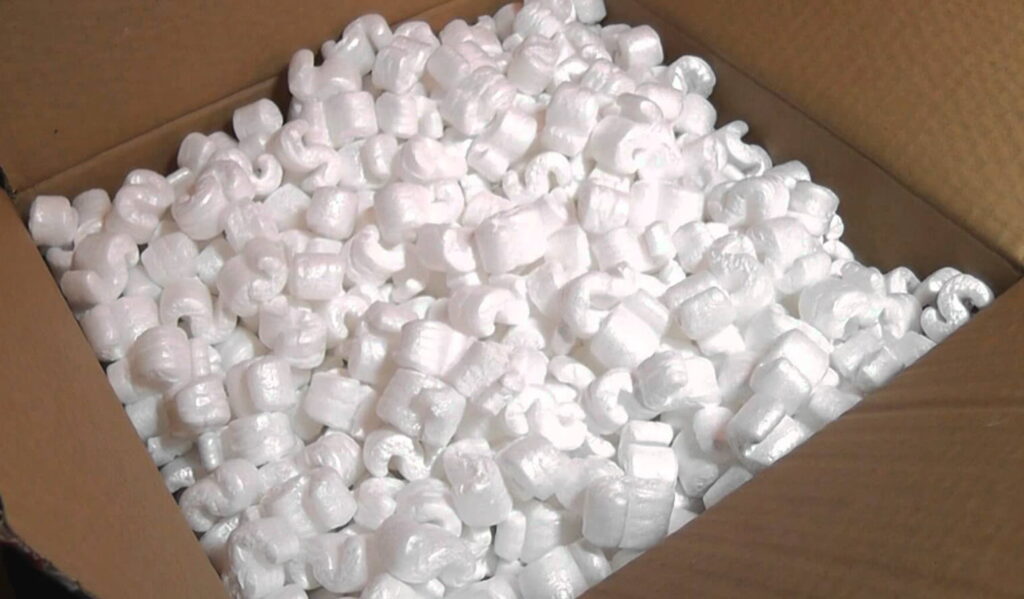Expanded Polystyrene Foam (EPS), commonly known as Styrofoam, is a versatile material used in packaging, insulation, and disposable food containers. However, its widespread use has raised concerns about its impact on the environment. In this blog post, we will explore the benefits of recycling expanded polystyrene foam and how it can help mitigate the environmental challenges associated with this material. Let’s delve into the positive impact of recycling EPS foam.
Reducing Landfill Waste
One of the primary benefits of recycling EPS foam is the significant reduction in landfill waste. EPS foam takes up considerable space in landfills, and its slow degradation process can lead to long-lasting environmental pollution. By recycling EPS foam, we can divert this material from landfills and contribute to a more sustainable waste management system.
Conserving Natural Resources
Polystyrene foam recycling helps conserve valuable natural resources. EPS foam is made from non-renewable petroleum-based materials. By recycling and reusing this foam, we reduce the demand for virgin materials, such as oil and gas. This conservation of resources supports a more sustainable and responsible approach to manufacturing and resource utilization.
Energy Savings and Emissions Reduction
Recycling EPS foam requires less energy compared to producing new foam from raw materials. The recycling process involves melting and reshaping the foam, which consumes less energy than the manufacturing process. This energy savings translates into reduced carbon emissions and contributes to mitigating climate change.
Promoting Circular Economy
Recycling EPS foam promotes the concept of a circular economy, where materials are recycled and reused rather than disposed of as waste. By implementing effective recycling programs and creating markets for recycled EPS foam, we can establish a closed-loop system that minimizes waste generation and maximizes resource efficiency.
Environmental Preservation
By recycling EPS foam, we help preserve natural habitats and protect wildlife. Improper disposal of EPS foam can result in it being carried by wind and water, leading to pollution in ecosystems such as rivers, lakes, and oceans. Recycling mitigates this environmental harm and helps maintain the integrity of our ecosystems.
Conclusion
In conclusion, recycling expanded polystyrene foam offers numerous environmental benefits. From reducing landfill waste and conserving natural resources to saving energy and supporting a circular economy, recycling EPS foam is a crucial step towards a more sustainable future. So, let’s embrace the benefits of recycling and make a positive impact on the world around us.


